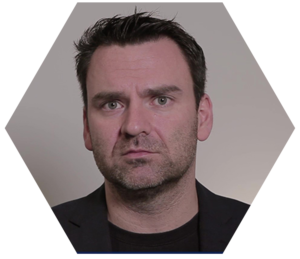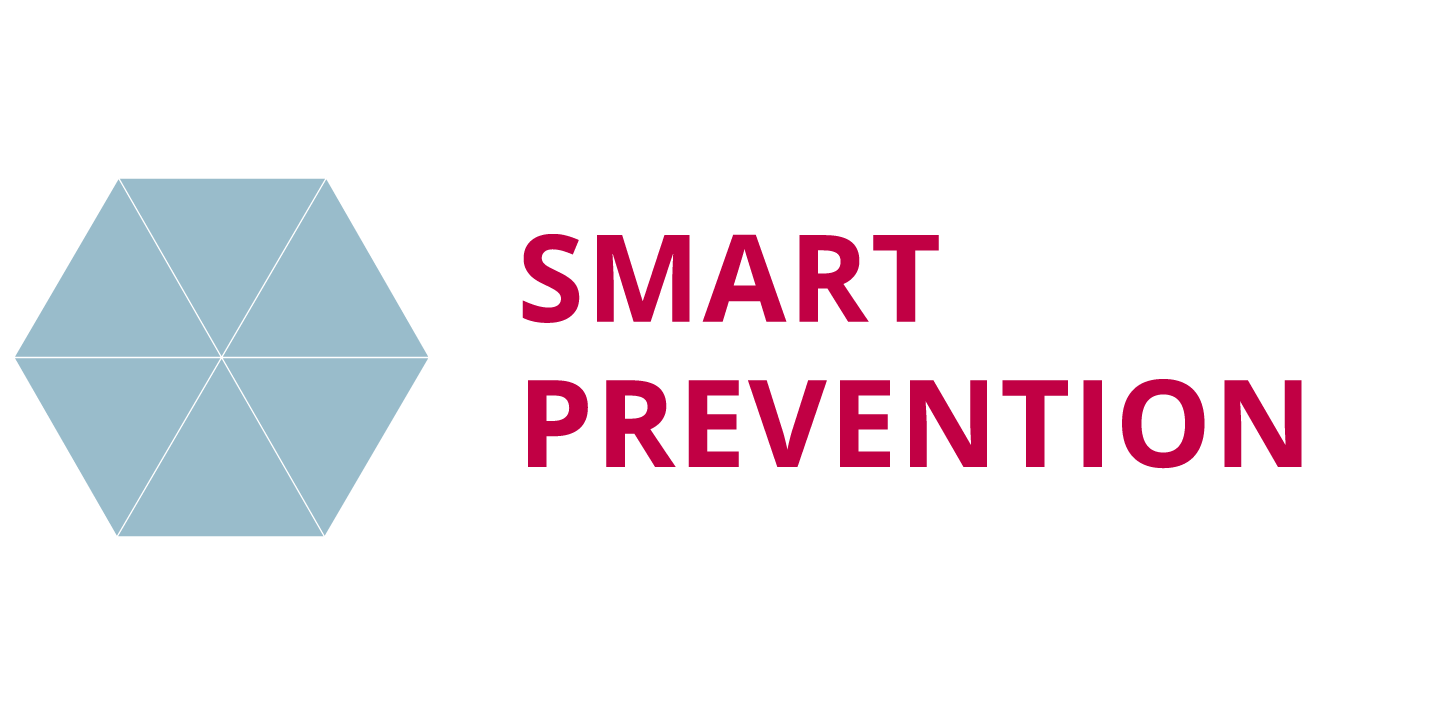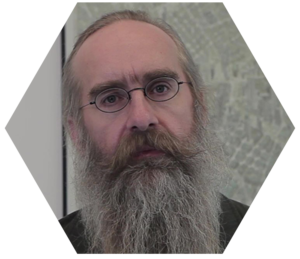- Criminology / Vision / Thomas-Gabriel Rüdiger
Dr. Thomas-Gabriel Rüdiger
Vision: Smart Prevention
- Rüdiger: Phenomenon
- Rüdiger: Threat
- Rüdiger: Chances
If you ask me, I think we must be able to develop a prevention strategy similar to the one we know from physical space. This means, for example, that we prepare children for road traffic in such a way that we say parents teach them traffic skills: look left, look right, do not get into the car with strangers, do not cross the road at red lights. We have schools that pick up on this: the police come, bicycle driving licences. But what’s the point of telling them “don’t cross the road at red” or better “cross the road at green” if there is no rule in return that prevents a driver from driving at red. But is it the rule? No, everyone crosses the road at red sometimes and everyone drives too fast sometimes. It is the enforcement of the rule and at the same time we have to have rules at all. Like sidewalks, like visible police, like traffic lights. These mechanisms, which are interlocked, also protect children whose parents have little interest in them. And this is exactly the point that I miss in the digital space. In the digital space, I actually lack a fundamental answer on how to protect children whose parents and also school do not teach them media competence, but who are nevertheless moving in the digital space. And for this we actually need a structure similar to that of the traffic system. That clearly means media literate parents, whether they do it or not. Schools that take this up, police that come. But at the same time we need something like red traffic lights or sidewalks, because in road traffic it is like this: even a child who is not competent but walks on the sidewalk has a low probability of being hit by a car.
There are no such digital sidewalks on the Internet. This could be done, for example, by carrying out age verification for children in the programme they use. And then, of course, we also need something like a visible police presence on the Internet to enforce these rules and to do so as a constitutional state and not, for example, leave it up to the operators alone. But of course the operators also have their responsibility, for example by using certified moderators in their chats. I believe that we need this strategy, this structure, to create a kind of digital general prevention, where children are effectively protected beyond the issue of media literacy. But I do not yet see this strategy being coordinated between ministries, for example.

Dr. Thomas-Gabriel Rüdiger
- Since 2013 doctoral thesis (Dr. jur.) in an intradisciplinary doctoral project at the Faculty of Law (Prof. Dr. Mitsch) in cooperation with the Institute for Informatics (Prof. Dr. Lucke) at the University of Potsdam, doctoral thesis on “The online-based initiation of the sexual abuse of a child – A criminological and legal examination of the phenomenon of cybergrooming”
- Since 2012 criminologist and lecturer at the Institute for Police Science at the Brandenburg Police College, research focus on cybercrime, interaction risks of social media and police handling of social media
- 2008 – 2010 Study of criminology in the postgraduate master’s program at the University of Hamburg, master’s thesis with the title “Gamecrime and Metacrime – criminally relevant actions in connection with virtual worlds”, degree as Master of Arts
- 2006 – 2012 Official in the Ministry of the Interior of the State of Brandenburg, International Police Cooperation Division
- 2003 – 2006 Study of police enforcement service at the Brandenburg Police College, submitted diploma thesis on the topic “Structure and function of the German police, primarily the criminal investigation department, in the occupied territories 1939 – 1945”, degree as Diplomverwaltungswirt-Polizei (FH)
- Phenomenon
- Threat
- Chances
- Vision






Comments